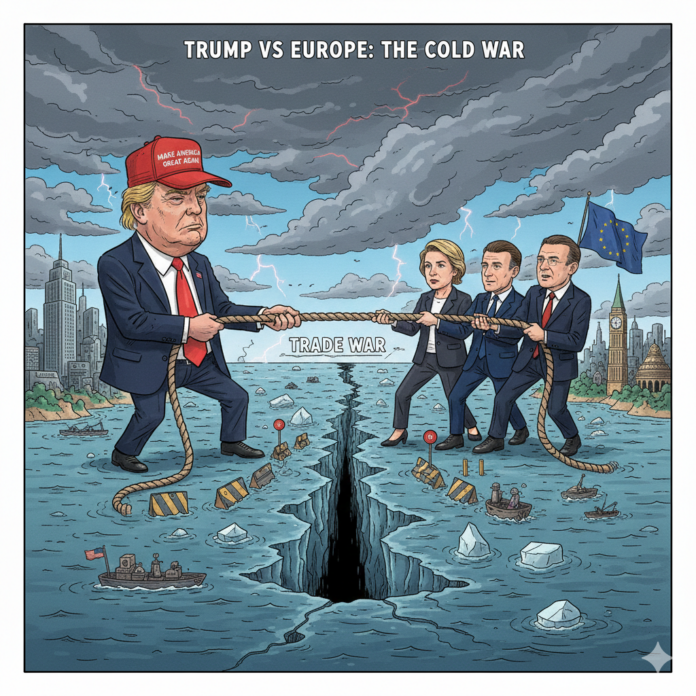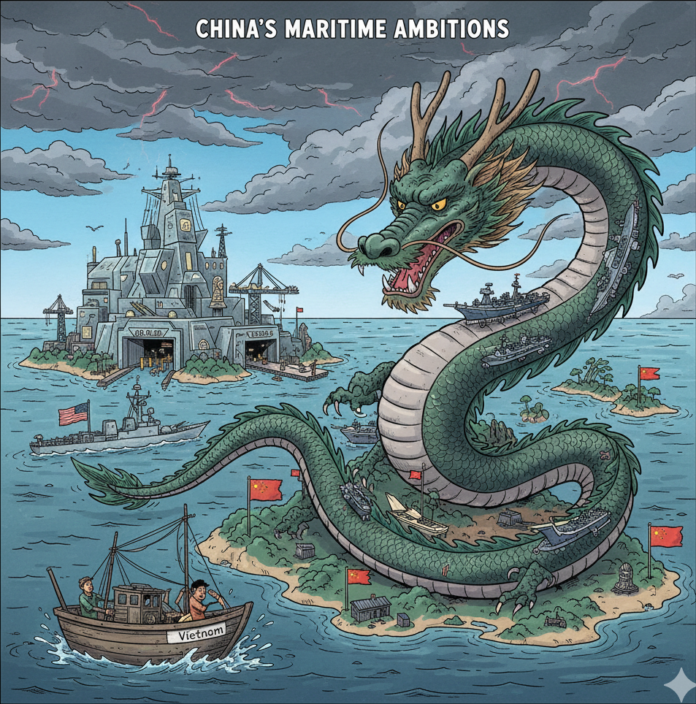In a recent tweet, economist Philip Pilkington highlighted a concerning possibility in the geopolitical landscape. Pilkington pointed out that President Donald Trump had openly acknowledged a potential vulnerability in the United States’ relationship with Taiwan and China.
According to Pilkington, Trump stated that China could potentially blockade Taiwan using its rocket forces, cutting off essential supplies like food and fuel. This scenario, if realized, could have severe consequences for Taiwan and its population. However, what is perhaps even more alarming is Pilkington’s assertion that there is little the United States could do to prevent or counter such a blockade.
The idea that China could effectively blockade Taiwan using its military capabilities is a sobering reminder of the complex power dynamics at play in the region. Taiwan, officially known as the Republic of China, is considered by Beijing to be a renegade province that must eventually be reunited with the mainland. As tensions between the two countries continue to simmer, the possibility of a military confrontation remains a very real threat.
Pilkington’s tweet underscores the challenges facing the United States and its allies in the Asia-Pacific region. While the U.S. has long maintained a policy of strategic ambiguity regarding Taiwan’s status, it is clear that China’s growing military capabilities could potentially alter the balance of power in the region. As China continues to assert its influence on the global stage, the United States and its allies must carefully navigate these complex geopolitical waters to ensure stability and security in the region.
As we look to the future, it is essential that world leaders engage in productive dialogue and diplomacy to prevent potential conflicts and protect the interests of all parties involved. The situation in the Asia-Pacific region is undoubtedly complex, but with thoughtful analysis and strategic decision-making, there is hope for a peaceful and mutually beneficial resolution to these pressing issues.




